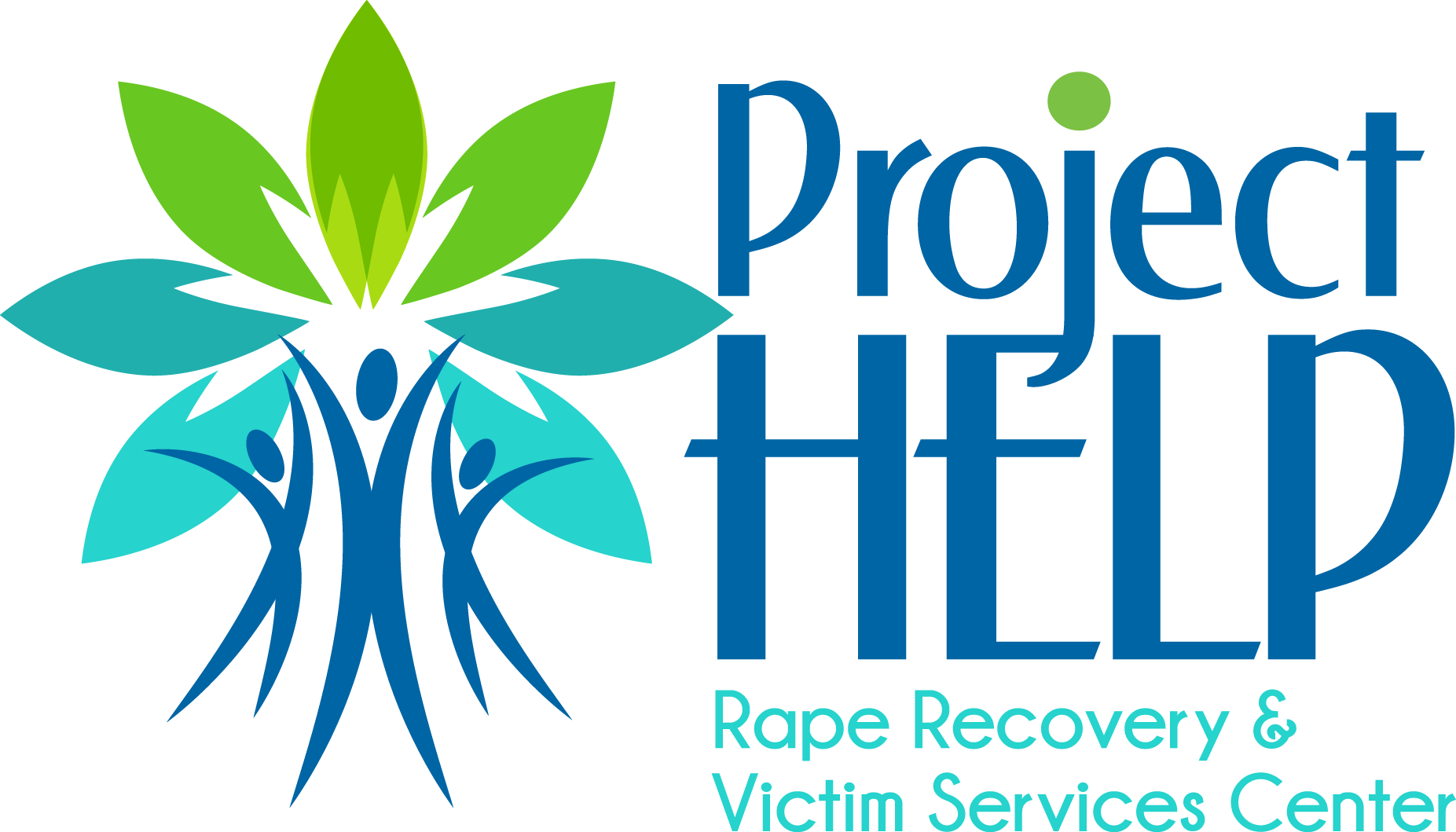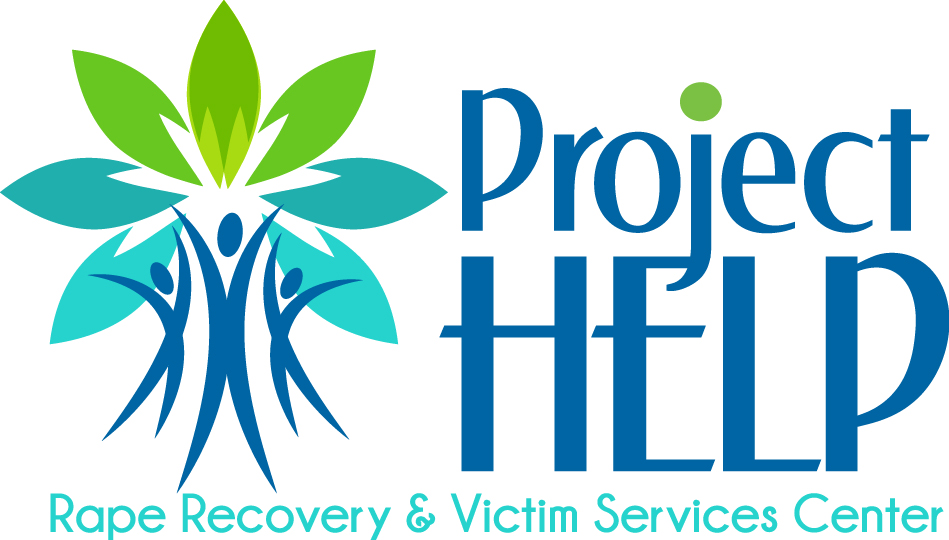Our lives have the potential to change in an instant. It can happen to you, it can happen to me, it can happen to all of us. In the moment of a tragedy, such as the serious injury or death of a loved one we will likely be faced with a world of challenges and fear about the life that is ahead of us and questions about the life we had before. Transitional tragic life events and the subsequent feelings of grief and sense of loss are a scary time in anyone’s life. If you have experienced the trauma of a sudden death of a loved one, some of the commons symptoms of grief you might experience include: mental confusion, lack of concentration, memory loss, depression, irritability, anxiety, anger or rage, guilt, insecurity, physical exhaustion or illness, loss of energy, lack of motivation, sense of vulnerability, withdrawal, helplessness, hopelessness and loneliness. You are not going crazy! You may ask yourself why a hundred times over, searching for some rationalization for why your loved one is gone or why this has happened to you…but remember this too is a part of your healing journey. Coping with crisis, is impacted by the way in which we can adapt. It requires a strong support system and adequate life and coping skills to help us survive. We at Project HELP specialize in this type of support. Click Here to learn more about our grief counseling services, and how we can help navigate this scary for family members and anyone else close to the victim(s).
Grief work, or bereavement, can be defined as the period of time or stages one may go through after a tragic life event, or loss of someone significant, during a process of integrating the change and/or loss into one’s life experience. One must consider all the many ways this tragic event has impacted their life and the multifaceted changes they are now faced with. Rather than viewing the grieving process as a series of stages that one must pass through, the work is conceptualized as different tasks with which one must cope or reconcile with. The process of mourning identified for adults includes: acknowledging the tragedy and/or death that has occurred, understanding the feelings related to it, and accepting the accompanying changes. This can be the most difficult time for any of us, as it seems almost unnatural to accept the loss and/or tragic event that has changed our life. Experiencing and facing these difficult feelings rather than avoiding them allows one to cope and manage the feelings in an effort to move beyond them. If left unaddressed, difficult feelings can lead to physical ailments and further emotional difficulties. Furthermore, individuals face not only the challenges associated with everyday changes in routine but also changes in responsibilities and roles. Coming to terms with these changes encourages active control rather than passive avoidance. Whereas, a wife, whose husband dies, may need to take over the family finances, a son may reach out to a teacher at school to bond with, as a male role model. Gradually, as days and months pass, the intense emotional focus and feelings become less prominent as balance is restored in life and memories are reinforced.
Each person grieves in their own way, feelings change with time, but the bereavement process goes on throughout life. There can be a roller coaster of emotions and situations that trigger new thoughts and ways of thinking about the way our lives have changed, the person who has died and one’s life without the person. Coping immediately means taking one minute at a time, maybe even one hour at a time. Verbalizing our thoughts and feelings no matter how crazy they might sound to others and identifying a strong support system are important points to remember during this time. Remembering and forcing ourselves to drink water and eat food, sounds ridiculous, but necessary. Journaling, writing lists and asking others for help are coping skills we can use to manage our thoughts and overwhelming feelings. These acts of self-care that will lay the foundation for healing.
The gut retching pain experienced deep within our bodies will not be there forever and trying to instill a sense of hopefulness is in some cases the only helpful support one can offer during this tragic time in one’s life. You don’t have to be alone. With the support and guidance of one of the counselors at Project HELP, Inc. we will be there to walk with you through this journey.






Leave a Comment